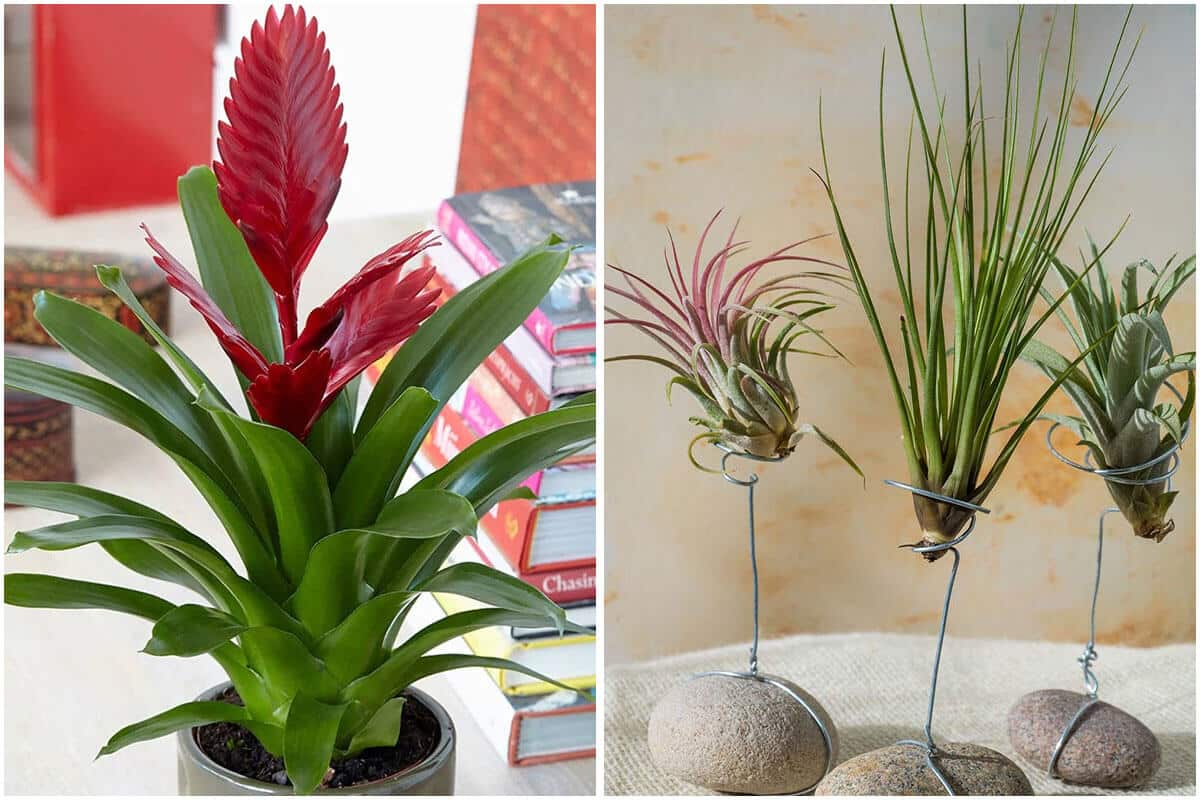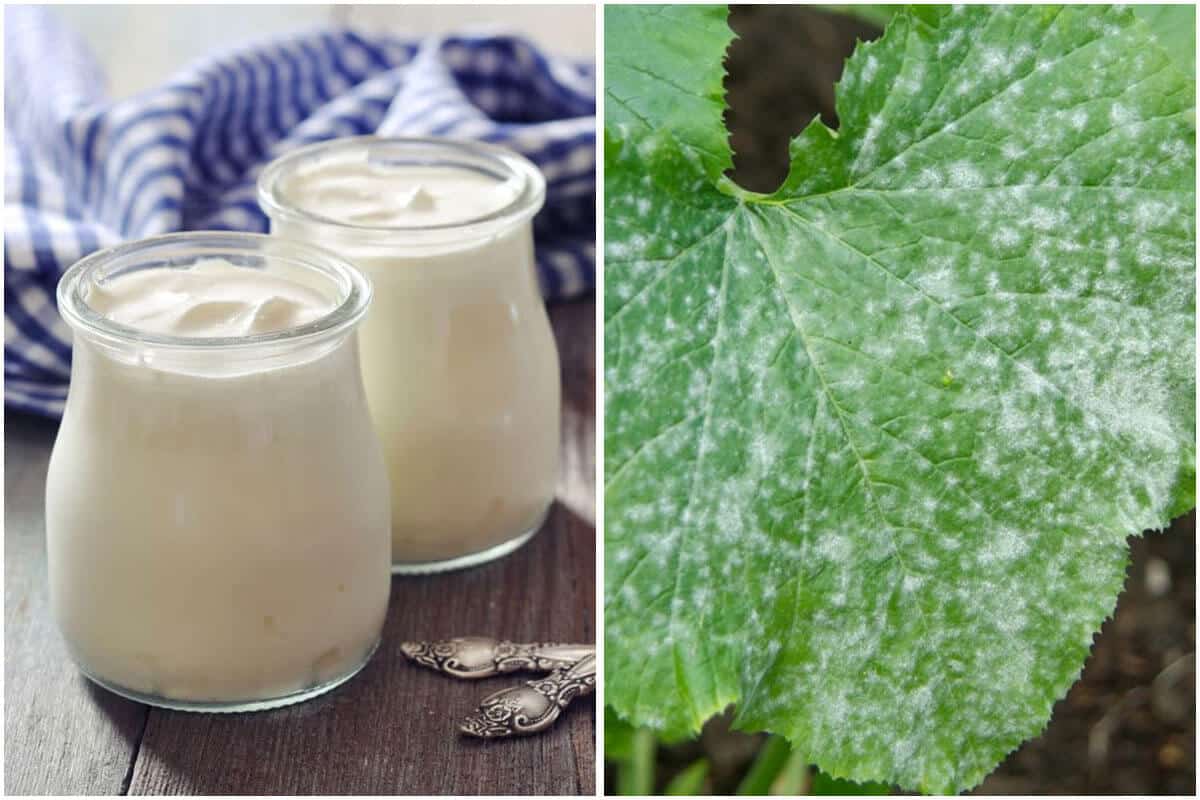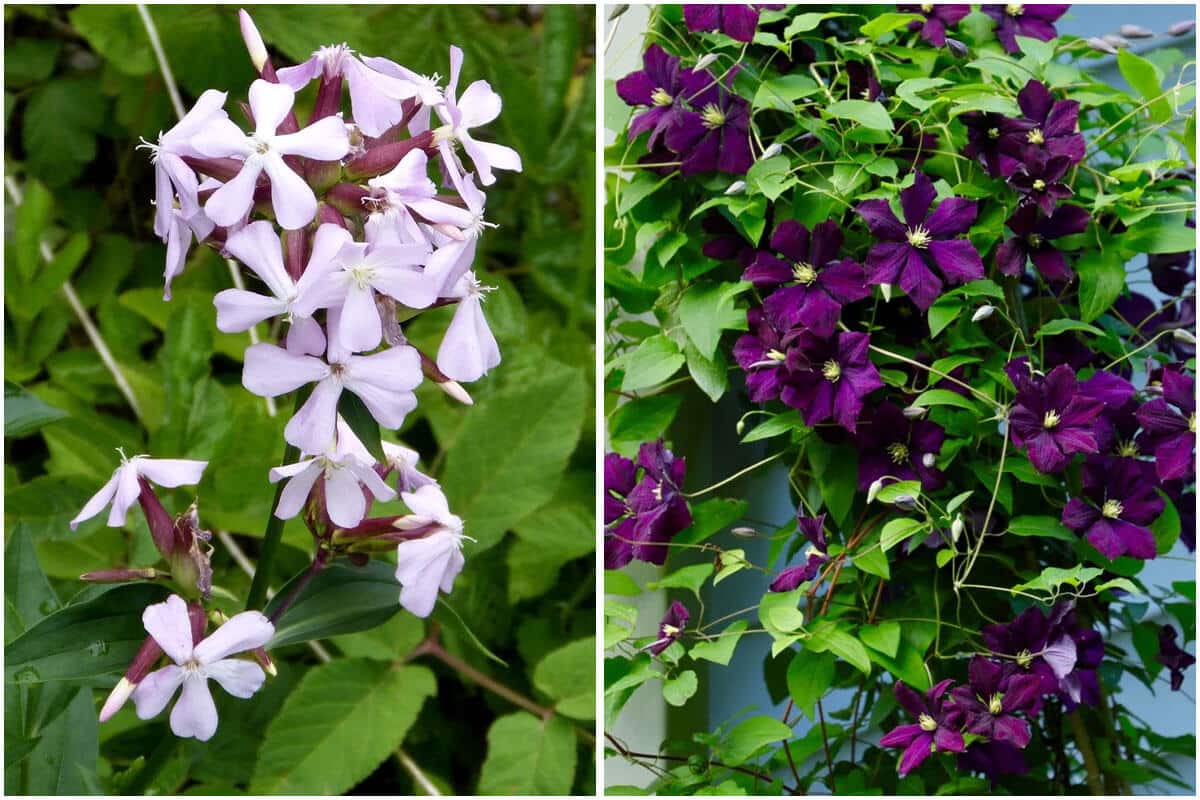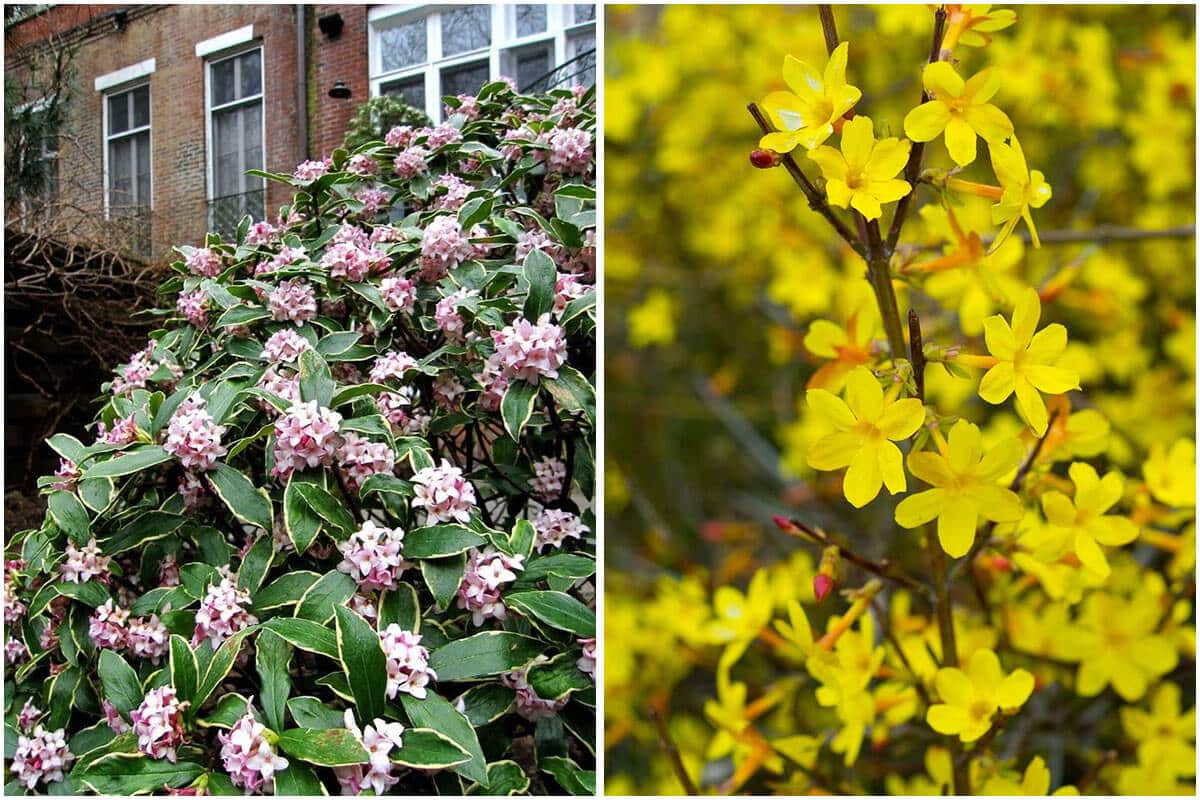Toward a green life, eco-friendly, and safe for health, the 13 Clever Gardening Tips To Help Your Plants Grow Healthy is the key to success in your next gardening work. Applying these ways will make you completely satisfied with its positive benefit of enhancing productivity without causing any harm to your soil and plants. Join us to unlock these secrets.
Eggshells, boiled vegetable water, and coffee grounds are trash, right? Don’t toss them out! They absolutely can help you a lot in gardening to become great companion friends that you have never thought about before. For instance, eggshells will be an ideal container to sow your seeds or improve the moisture of soil by using unused diapers, or expired milk can improve soil health, control insects, and act as a disinfectant. And more secrets, taking them a try for your organic garden and they promise to keep you satisfied.
#1 Aspirin
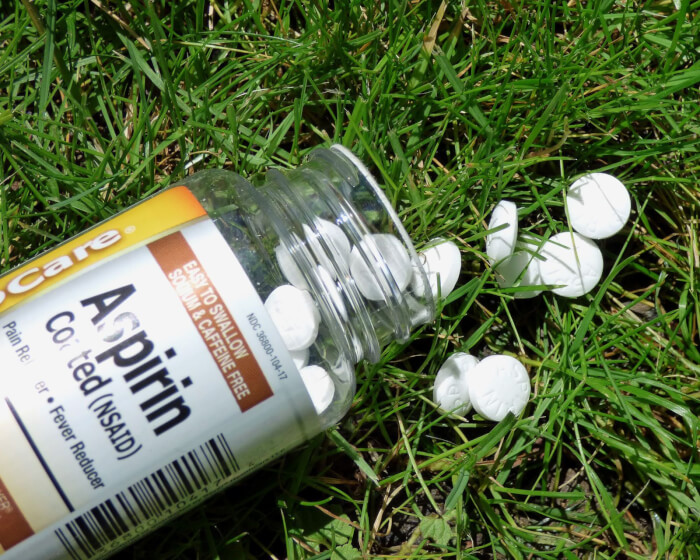 Source: Gardeningknowhow
Source: Gardeningknowhow
Aspirin not only reduces pain but also contains salicylic acid that works on boosting the immune system of plants and prevents fungal diseases. It helps cut plants and flowers to last longer.
#2 Carbonated Water
 Source: Fentimans
Source: Fentimans
CO2 is an essential part of photosynthesis, so you should feed your plants with water that has CO2 because it helps the plants to grow rapidly and greener. Carbonated water contains many macronutrients such as oxygen, hydrogen, phosphorus, carbon, potassium, and sodium that bring benefits to the growth of plants.
#3 Vinegar
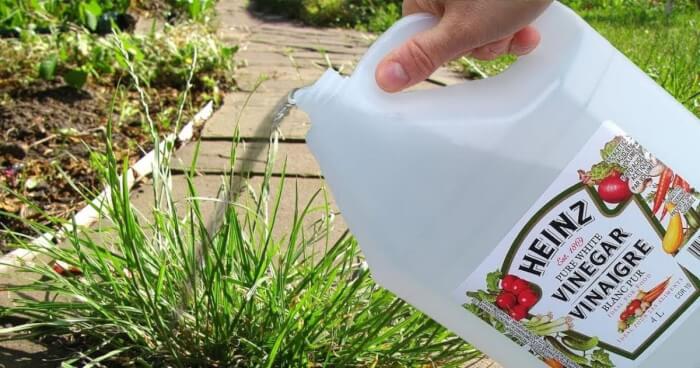 Source: Gardening
Source: Gardening
Vinegar is a perfect herbicide. It is safe for your plants as well as inexpensive. You can use white vinegar with a 10% or 20% solution. And then, you add a cup of salt, a tablespoon of lemon juice, and two tablespoons of dish soap. Stir it well and spray it on plants.
#4 Eggshells
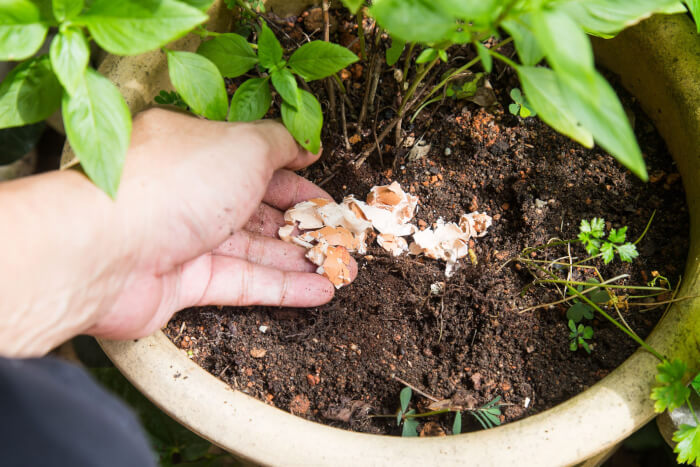 Source: Treehugger
Source: Treehugger
Eggshells are one of the best secrets of high-yield plant growth. They are rich in calcium and are also biodegradable. Just crush the eggshells and mix them in the soil at the site you want to plant tomatoes.
#5 Boiled Vegetable Water
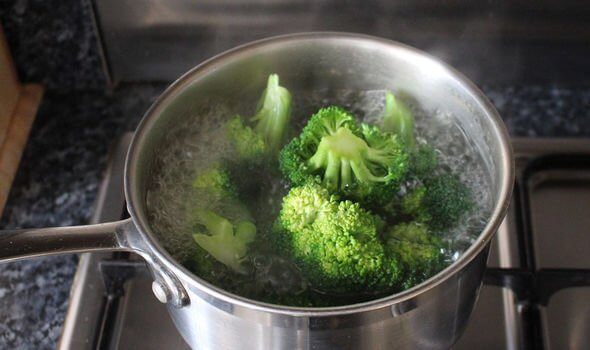 Source: Express
Source: Express
Don’t waste the remaining water, after boiling vegetables. It contains many plant elements that are useful for your plants such as calcium, nitrogen, and phosphorus in the water. You can use this water to provide nourishment to your plants as it greatly helps them in growth and flowering.
#6 Coffee Grounds
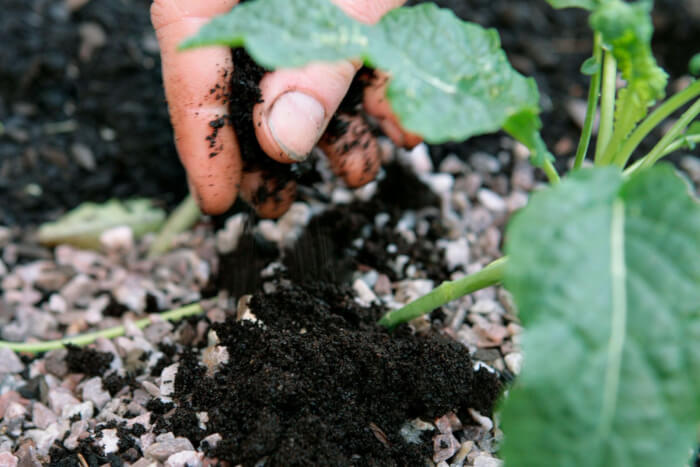 Source: Thespruce
Source: Thespruce
Don’t throw away your coffee! Using it as a fertilizer in the garden brings many benefits to your plants in a great way such as aerating and improving drainage, and providing nutrients for plants: phosphorus, potassium, magnesium, and copper. Apart, it is mildly acidic in nature, which makes them a good companion for neutral and alkaline soil.
#7 Milk
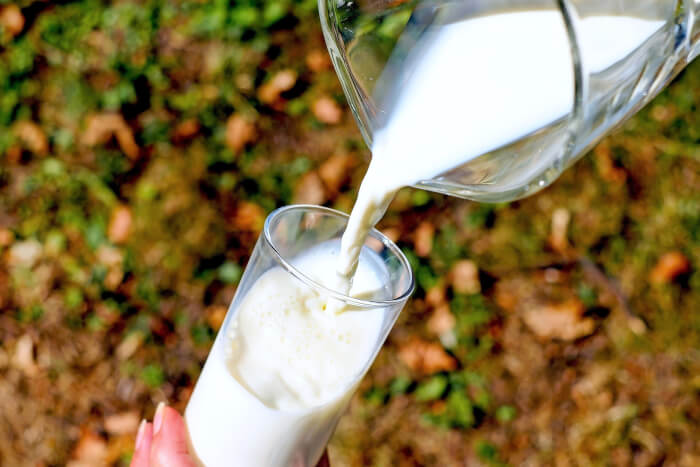 Source: Thedairyalliance
Source: Thedairyalliance
You can use milk as a fungicide by spraying a diluted solution on the plants or watering into the soil, it helps in improving soil health, controlling insects, and acting as a disinfectant.
#8 Grass Clippings
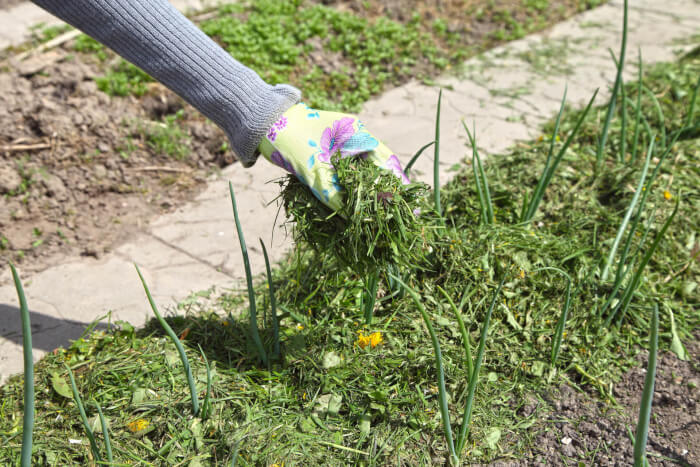 Source: Executivelawncare
Source: Executivelawncare
Grass Clippings can release nitrogen and some other nutrients back into the soil naturally, improving the quality of the soil. Besides, the process provides an optimum environment for earthworms, and they, in return, encourage soil aeration.
#9 Turmeric Powder
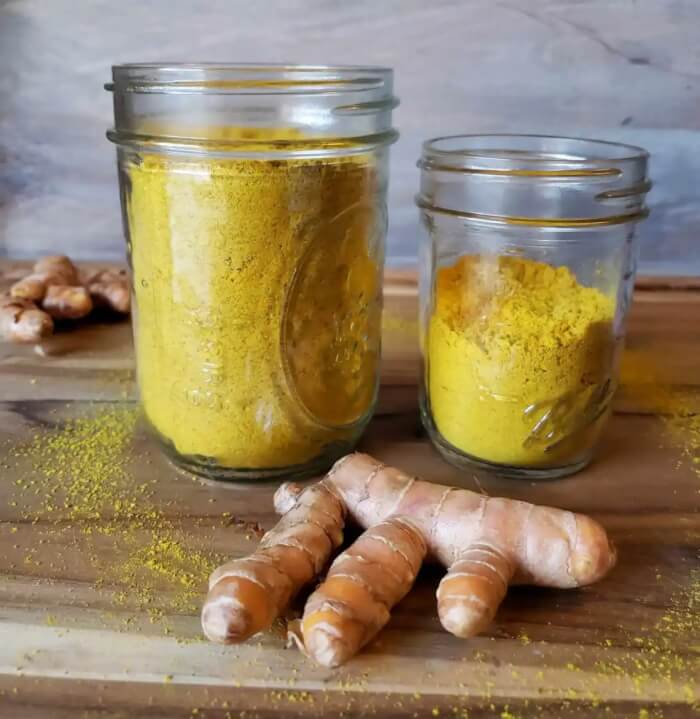 Source: Homesteadandchill
Source: Homesteadandchill
Turmeric is an excellent pest repellent, a natural fungicide and a bactericide. You can control many disease-causing microbes, that are harmful to plants by sprinkling turmeric nearby the roots will keep pests at bay.
#10 Aquarium Water
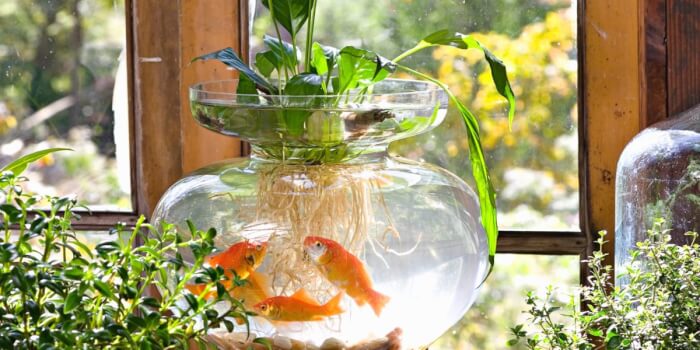 Source: Sunset
Source: Sunset
Aquarium water holds decaying particles and fish waste that contain beneficial minerals bacteria, and nutrients to help in stimulating plant growth.
#11 Activated Charcoal
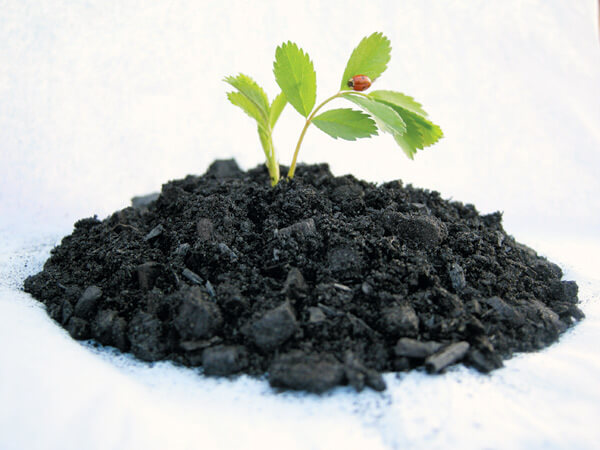 Source: Capegazette
Source: Capegazette
Activated charcoal is one of the best secrets to a high yield. Using a layer of charcoal into the soil makes your garden disease-free and productive.
#12 Leftover Fruits and Vegetables
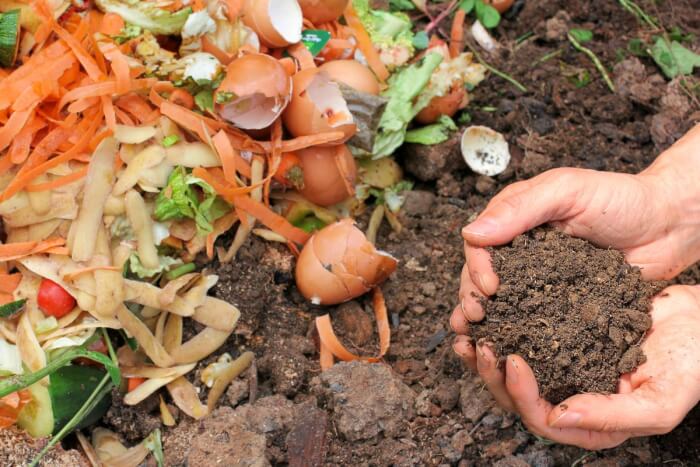 Source: Thestatesman
Source: Thestatesman
Let’s take advantage of your leftover fruits and vegetables in the garbage to make organic compost. There are many nutrients present in the peelings of vegetables and fruits. For example, the banana peel is rich in potassium and phosphorous, therefore, you can use it for tomatoes, rosebushes, peppers, and flowering plants.
#13 Compost Tea
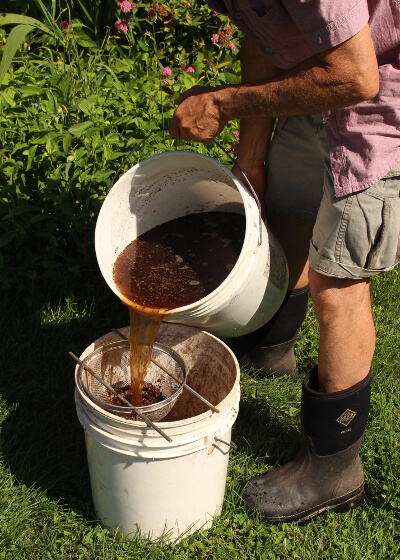 Source: Wildernesscollege
Source: Wildernesscollege
Compost Tea has many effects on your garden such as enhancing the plant’s growth, helping in producing greener leaves, improving the flavor of vegetables, and boosting the size of plants.
